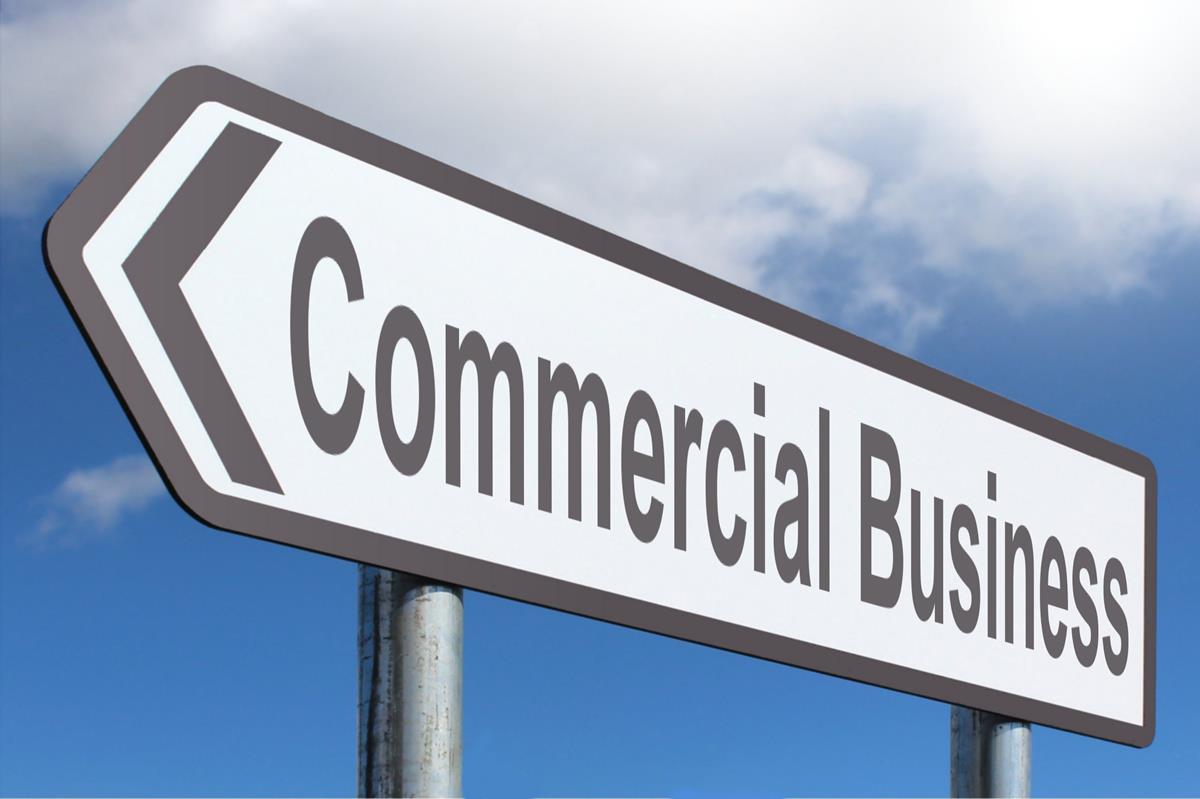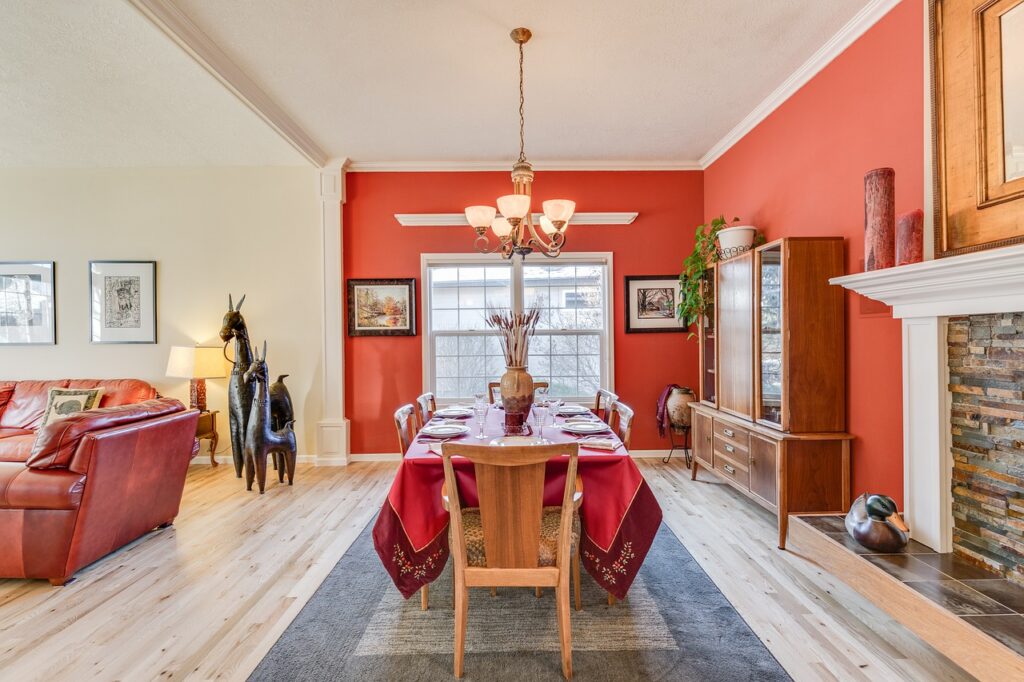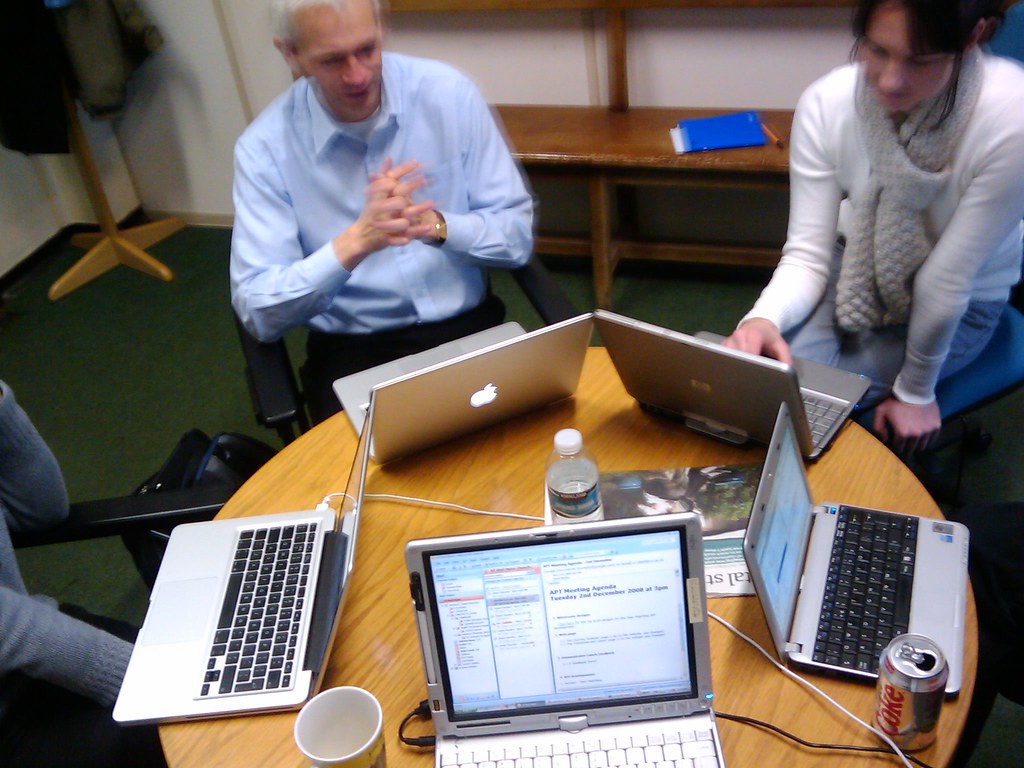Intro:
As American society becomes more litigious, commercial companies must take precautions to protect themselves and their customers.
The people responsible for preventing hazards and safety issues for their business remain the owners. Then, it trickles down to the people that they designate as management.
On-site safety becomes a team effort. The owners must practice it, management must enforce it, and workers must buy into it. Then, everyone must actively help company visitors and clients avoid slips, falls, and other dangers.
The following are seven tips on how to prevent hazards and safety issues in your commercial business.
1. Employ OSHA Regulations
A lot of expensive regulations get handed down to companies from the American bureaucracy. The United States Occupational Safety and Health Administration is not an exception. However, their mission is to keep workplaces safes for workers, management, and customers.
When you walk into the supermarket, the lighting shines on the floor in a specific manner. Sometimes it’s difficult to differentiate between a freshly mopped floor and a shiny one because of the lighting. That’s why stores must place warning signs.
Even though new mandates handed down by OSHA means another round of spending on regulations, employ their suggestions to maintain workplace safety.
2. Designate a Safety Position
Most sole proprietorships, small businesses, and midsize companies operate on a tight budget. Adding a new position adds thousands of dollars to the payroll and budget annually. Nonetheless, companies that can afford it benefit from designating a safety position.
Task this position with overseeing the hazard prevention for your commercial location. In many cases, the amount that your company saves in preventing frivolous lawsuits pays for the position.
3. Complete Maintenance on Machines
To keep employees safe, complete maintenance on all machines, especially in manufacturing settings. Heavy-duty machines have the potential to get stuck, overheat, and stop working. This leads to expensive repairs and replacements. Plus, it puts their human operators in precarious situations.
Machine maintenance has costs. However, it’s preventive. You pay for a service that extends their lifespan. In addition, your employees remain safe. Maintained machines help prevent production delays. Thus, your revenue pipeline continues moving forward without interruptions.
4. Hire Security Services
Different commercial environments require a set of security services. Office parks provide safety amenities to their tenants. Enterprise companies must provide it for themselves.
Assess your commercial location and lease. If a degree of security amenities is not provided by the property owner, consider providing it yourself. If you own the property or the building, it’s a nice perk you can offer to the tenants.
For more information on commercial security guards, Special Security Services remains a go-to in the industry.
5. Install Security Systems
If you feel like your company is too small to hire physical security services, do the next best thing – install security systems.
Using video security systems takes a little longer to capture a thief. Nonetheless, they remain an effective tool for identifying culprits. Plus, it’s evidence that local authorities appreciate. Video footage serves as clear evidence in situations where human memory is not reliable.
In many situations, video and digital security systems provide a budget-friendly alternative.
6. Train Employees
Going through several meetings annually becomes a drain on employees. Nonetheless, they must go through safety training as outlined by local, state, and federal authorities.
Do your best to make the training entertaining and informational. It keeps employees safe. Plus, it keeps your company protected against worker’s compensation claims and lawsuits.
Companies must fulfill their legal obligations to maintain immunity against frivolous lawsuits.
7. Provide Safety Gear
If your employees work in potentially hazardous situations, provide the safety gear to them. The nature of the business and the work required will dictate what safety equipment you need, some jobs only require general safety gear, while other may be more specific. For example, confined spaces are fairly common on construction sites and require specific confined space safety equipment. Before they go home for the day, ensure that they leave it on-site. This prevents them from forgetting it at home.
Plus, keep extras for visitors and clients. Construction sites remain a good example. Anyone who tours a construction site must wear a safety helmet and goggles.
Conclusion
Commercial businesses have several responsibilities. First and foremost, they must turn a profit. That’s how they pay employees after all. In addition, they must keep their property free of hazards and safe. By providing a safe workplace, employees remain productive and guests impressed.



